Key Takeaways
- Clerics are versatile, not limited to healing, and can multi-class for more damage and defense.
- Each subclass specializes in different roles, offering unique benefits like extra healing, damage, or support.
- New core books in 2024 brought changes to cleric subclasses, offering upgraded features and abilities.
Clerics are stereotyped as healers in Dungeons & Dragons, and often they don’t get a chance to be anything more. In practice, though, clerics can do all sorts of things outside simple healing. In fact, they’re one of the game’s most versatile classes.
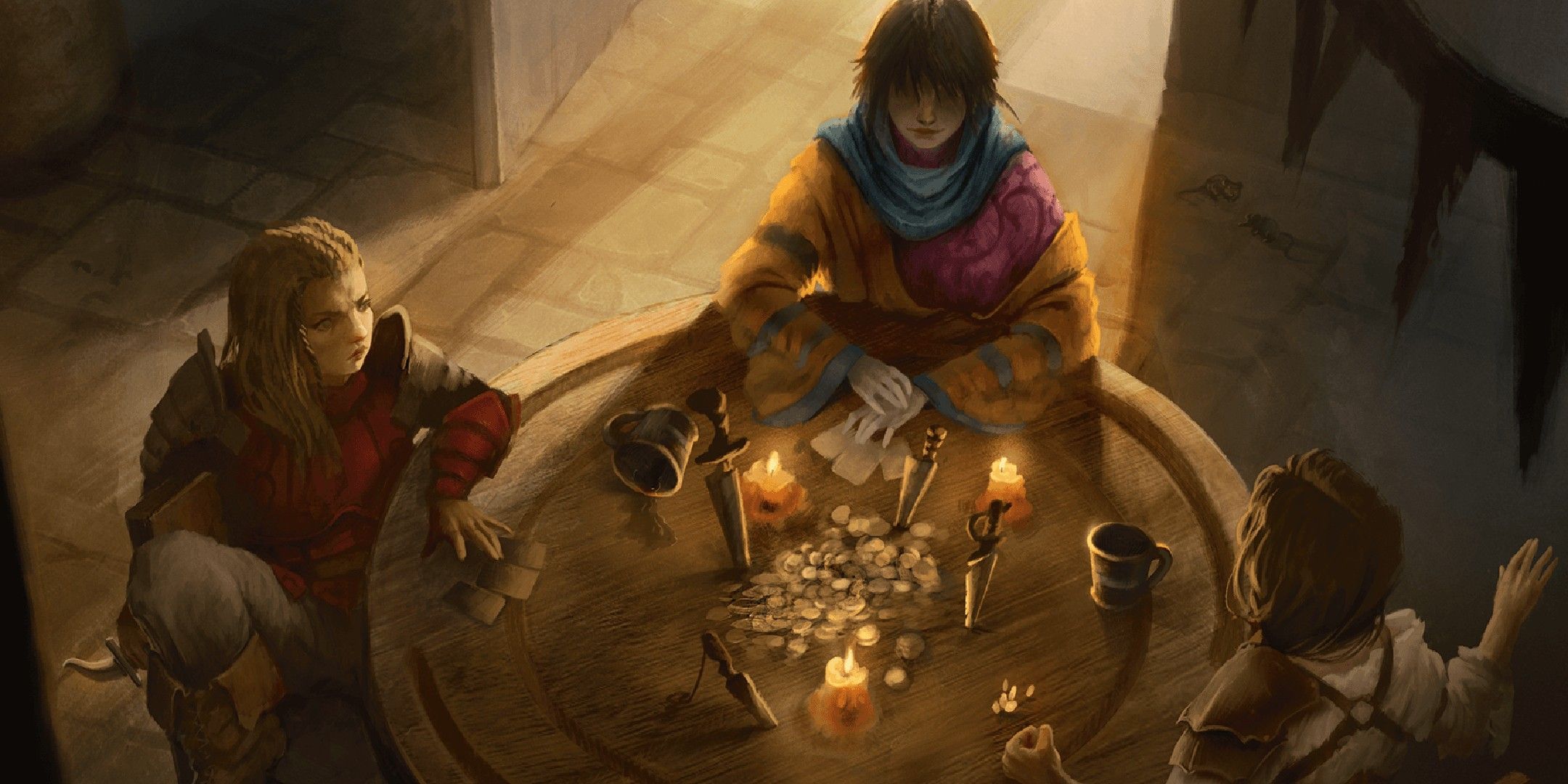
Related
Dungeons & Dragons: 12 Low-Level Villains To Use In Your Campaign
Learn all about the best low-level villains you can use in your D&D campaign!
Clerics work great as a multi-class option that takes on damage and defense in addition to having access to some handy spells. The cleric’s Domain is what actually determines their role in the party, and although every version of the cleric has access to healing spells, they are by no means limited to that role.
Updated on December 6, 2024, by Jon Eakin: The release of new core books in 2024 has brought changes to the cleric class as a whole, as well as to certain subclasses. To make sure this list is up to date we’ve given it a complete overhaul with new information and features to help you build your ideal cleric.
14
Peace Domain
Strong But Broken
|
Peace Domain |
|
|---|---|
|
Source |
Tasha’s Cauldron of Everything |
|
Main Benefit |
Multiple options for healing more than one ally at a time. |
|
Signature Spell |
Channel Divinity: Balm of Peace |
|
Ideal Feats |
Magic Initiate |
While not the strongest healer, the peace comain offers several great options for healing allies, including its most powerful ability, Channel Divinity: Balm of Peace. Balm of Peace allows you to restore hit points to as many allies as you can reach with your movement speed without provoking opportunity attacks.
If you’re planning to use this subclass, speak to your DM and do what you can to address some of the balance issues inherent to it.
Along with this ability, you can create a bond with a number of allies, providing benefits such as adding a d4 to rolls, teleporting, and damage resistance. Unfortunately, the subclass is not well designed and has multiple loopholes open to abuse, making it impossible to rank fairly.
13
Nature Domain
The Natural Divine
|
Nature Domain |
|
|---|---|
|
Source |
D&D Player’s Handbook |
|
Main Benefit |
Access to some cantrips normally reserved for wizards. |
|
Signature Spell |
Acolyte of Nature |
|
Ideal Feats |
War Caster, Resilient |
The nature domain isn’t bad. It’s just a cleric instead of a druid. It’s very much like a druid in that you get the class spells and the ability to control plants and animals, but it is still a cleric subclass. Since druids and clerics have very similar roles as semi-tanky casters, the only reason to pick the nature domain would be if you want to roleplay a cleric or your party needs a dedicated healer.
But if you just need a healer, there’s always circle of dreams druid. The Channel Divinity feature for nature clerics won’t be useful very often, and while the other features are interesting, it unfortunately just doesn’t make up for a poor Channel Divinity.
12
Knowledge Domain
Knowledge Is Power
|
Knowledge Domain |
|
|---|---|
|
Source |
D&D Player’s Handbook |
|
Main Benefit |
Access to some divination spells. |
|
Signature Spell |
Arcane Eye, a seventh-level divination spell. |
|
Ideal Feats |
Inspiring Leader, Actor |
Knowledge domain is great for clerics who want to provide more utility than combat usefulness. This subclass gives you a lot of useful abilities, including more languages, temporary experience in skills and tools, the ability to read minds, and the ability to see through time.
This is a very good subclass for roleplaying, allowing you the skills and abilities to further the plot and contribute outside of combat to a campaign.
The only real drawback to this domain is the spell list, which doesn’t provide options you’re likely to see a lot of use from. For social campaigns, this domain is great, but less so when it comes to combat, so your mileage may vary considerably between campaigns.
11
Grave Domain
Dust To Dust
|
Grave Domain |
|
|---|---|
|
Source |
Xanathar’s Guide to Everything |
|
Main Benefit |
Stealing health and sparing allies from death. |
|
Signature Spell |
Channel Divinity: Path to the Grave |
|
Ideal Feats |
Spell Sniper |
The grave domain is about the transfer of vitality and eradicating the undead. While you get spare the dying for free as a cantrip, your next couple of features are all about sensing undead and stealing vitality after death. Nothing too beneficial as far as your place in the party.
Your Channel Divinity ability lets you make an opponent vulnerable to the damage of the next attack, and only that attack. It’s useful at higher levels when you can maximize the damage of high-level spells.
Grave cerics can cancel enemy critical hits, which is incredibly satisfying to pull off, and many other features are great too, but Eyes of the Grave is unfortunately so laughably bad that it drags the entire subclass down.
10
Death Domain
Spiritual Power
|
Death Domain |
|
|---|---|
|
Source |
Dungeon Master’s Guide |
|
Main Benefit |
Bonus Necrotic damage and targeting multiple enemies. |
|
Signature Spell |
Ray of Sickness |
|
Ideal Feats |
War Caster |
The death domain is a cleric subclass with a necromancy flavor that focuses much more on damage output than healing. You won’t find any healing bonuses in this subclass, as it’s all about death and negative energy. That doesn’t mean it isn’t useful. This domain has a spell list you won’t find in any other subclass, with spells such as Ray of Sickness, Animate Dead, and Cloudkill.
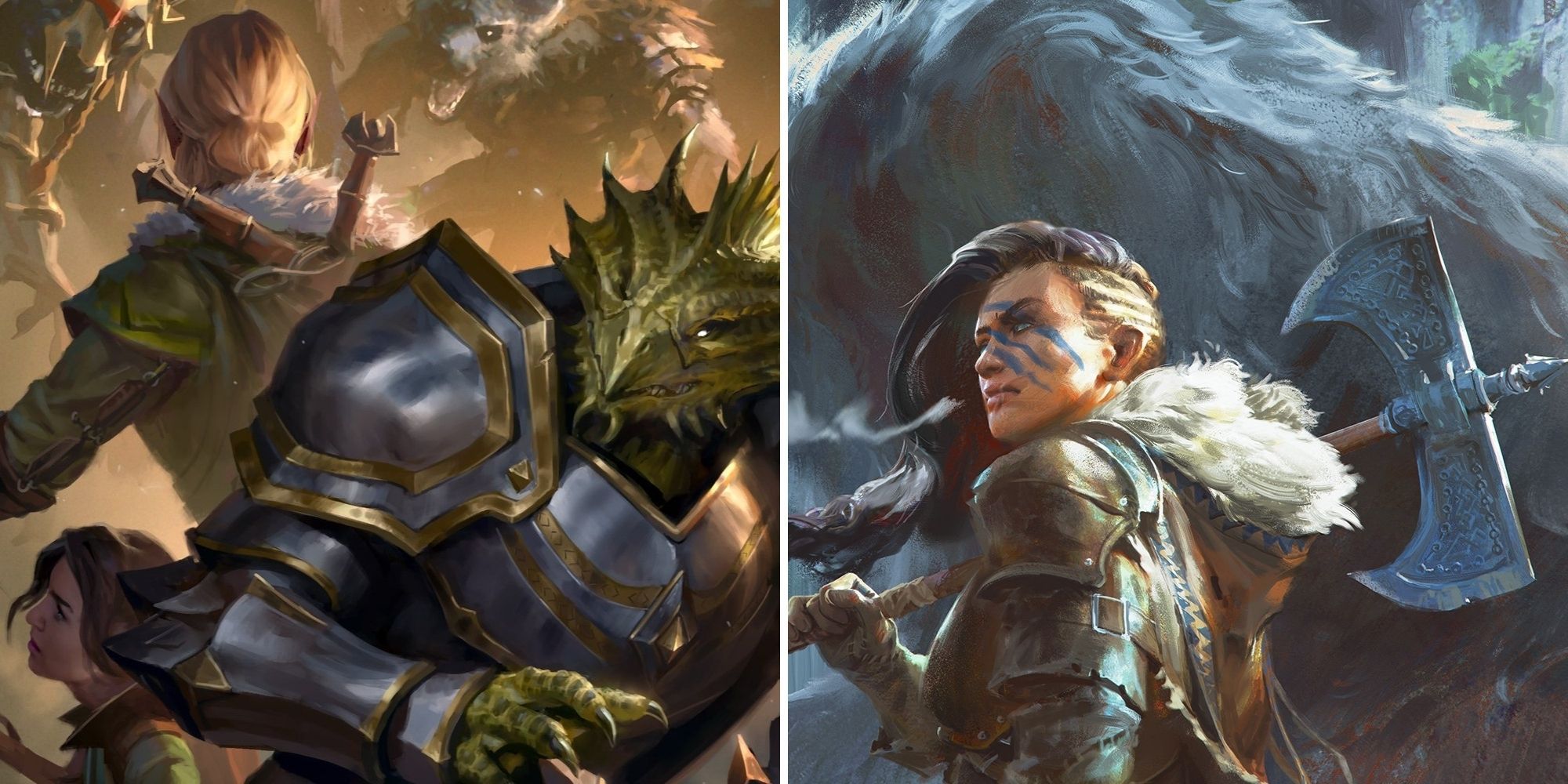
Related
Dungeons & Dragons: How To Build A Path Of The Juggernaut Barbarian
This subclass is great for battlefield control.
The most useful ability, though, is targeting two creatures with necrotic spells and cantrips and dealing extra necrotic damage. Death clerics are focused heavily towards offense, meaning you’ll lack features that provide the versatility another subclass might. You still have all the usual cleric spells though, which helps cover this shortfall.
9
Twilight Domain
In Darkest Day
|
Twilight Domain |
|
|---|---|
|
Source |
Tasha’s Cauldron of Everything |
|
Main Benefit |
Support for visibility, cover, and extra damage. |
|
Signature Spell |
Channel Divinity: Twilight Sanctuary |
|
Ideal Feats |
Magic Initiate, Spell Sniper |
The twilight domain will cover you in just about every situation of the game, but works especially well when in the thick of combat with the melee fighters. You’ll be focused on spreading buffs, so this is perfect if you like helping your allies shine.
Darkvision might not seem impressive since so many other characters will have it, but a range of 300 feet is exceptionally good. Being able to share it with your party members means exploring places like the Underdark will be a breeze. Arguably, the spell list is stronger in the early levels than the later ones, but even so, the twilight cleric is one you almost can’t go wrong with unless you don’t fully leverage the features it offers.
8
Trickery Domain
Cleric Meets Rogue
|
Trickery Domain |
|
|---|---|
|
Source |
D&D Player’s Handbook |
|
Main Benefit |
The ability to cast spells like Disguise Self and Charm Person. |
|
Signature Spell |
Blessing of the Trickster |
|
Ideal Feats |
Actor, Observant |
The 2014 version of this subclass is another one that is good for non-combat clerics, but that will have more universally useful effects than the knowledge domain. There’s some overlap in class purpose with the rogue class, but the trickery domain has enough unique abilities that it keeps it fresh.
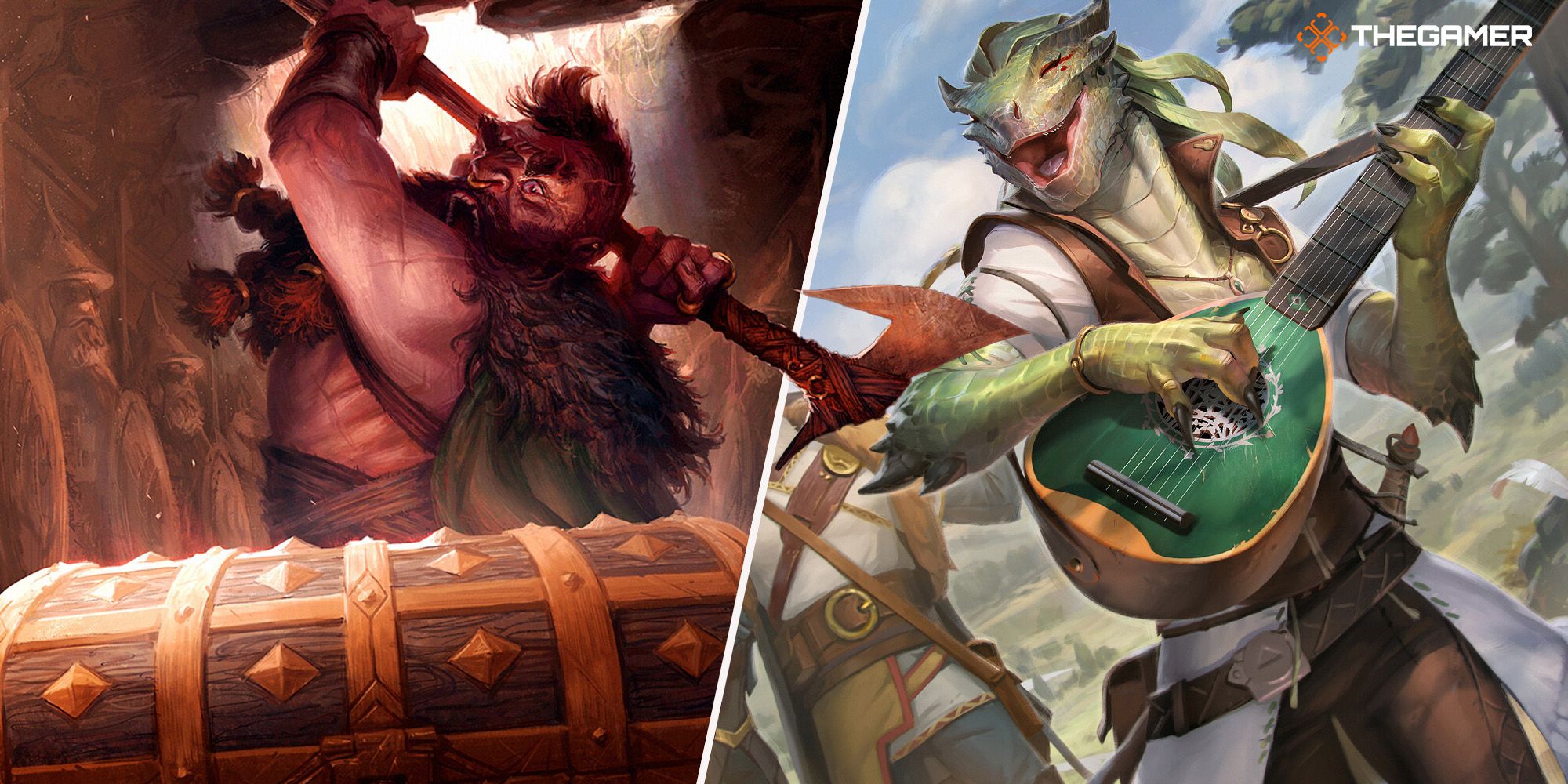
Related
Dungeons & Dragons: Best Multiclass Combinations
In Dungeons & Dragons, multiclass characters can be a godsend or a game-ender. These are the best multiclass options out there.
Clerics of this domain also use some spells from the Illusion and Enchantment schools, can turn invisible, create illusory clones, and you get a bunch of fun spells with plenty of utility. It’s not really what you expect from a cleric subclass, but it’s certainly enjoyable. The 2024 version mostly follows the same spirit, but would probably be considered an upgrade. The Blessing of the Trickster feature is quite different, but constant Advantage on Concentration checks is much better than giving someone else Advantage on Stealth.
You can use the 2014 trickery domain can be used with either the 2014 or the 2024 cleric, but the 2024 trickery Domain can only be used with the 2024 cleric.
7
Forge Domain
Forge Your Path
|
Forge Domain |
|
|---|---|
|
Source |
Xanathar’s Guide to Everything |
|
Main Benefit |
An even mix of tanking abilities and damage output in the form of paladin and wizard spells. |
|
Signature Spell |
Blessing of the Forge |
|
Ideal Feats |
Great Weapon Master |
This cleric subclass has excellent potential. The forge domain has a great advantage in that it includes boosts to your armor class and resistance (and eventually immunity) to fire damage, a very common damage type.
You can also turn any regular weapon or armor into a +1 weapon or +1 armor, which is very good at lower levels, although less so at high levels when you should reasonably have magic weapons and armor already. As a forge cleric, you’ll be at home on the front lines and play almost like paladins, but with the advantage of a cleric’s spell list. If you’re not sure which of the two classes to go for, forge cleric is the perfect middle ground.
6
Life Domain
Life Finds A Way
|
Life Domain |
|
|---|---|
|
Source |
D&D Player’s Handbook |
|
Main Benefit |
One of the strongest healing options currently available. |
|
Signature Spell |
Channel Divinity |
|
Ideal Feats |
Resilience, War Caster |
The life cleric is the absolute best class for healing in the entire game, which makes it an excellent choice if you want to throw healing around anytime it’s needed. The downside is that it doesn’t excel at much else. The 2014 version is let down by a middling capstone feature that isn’t as strong as it first appears, but all the other features are at least fairly good. The Channel Divinity Feature is especially strong, allowing you to heal large amounts very quickly.
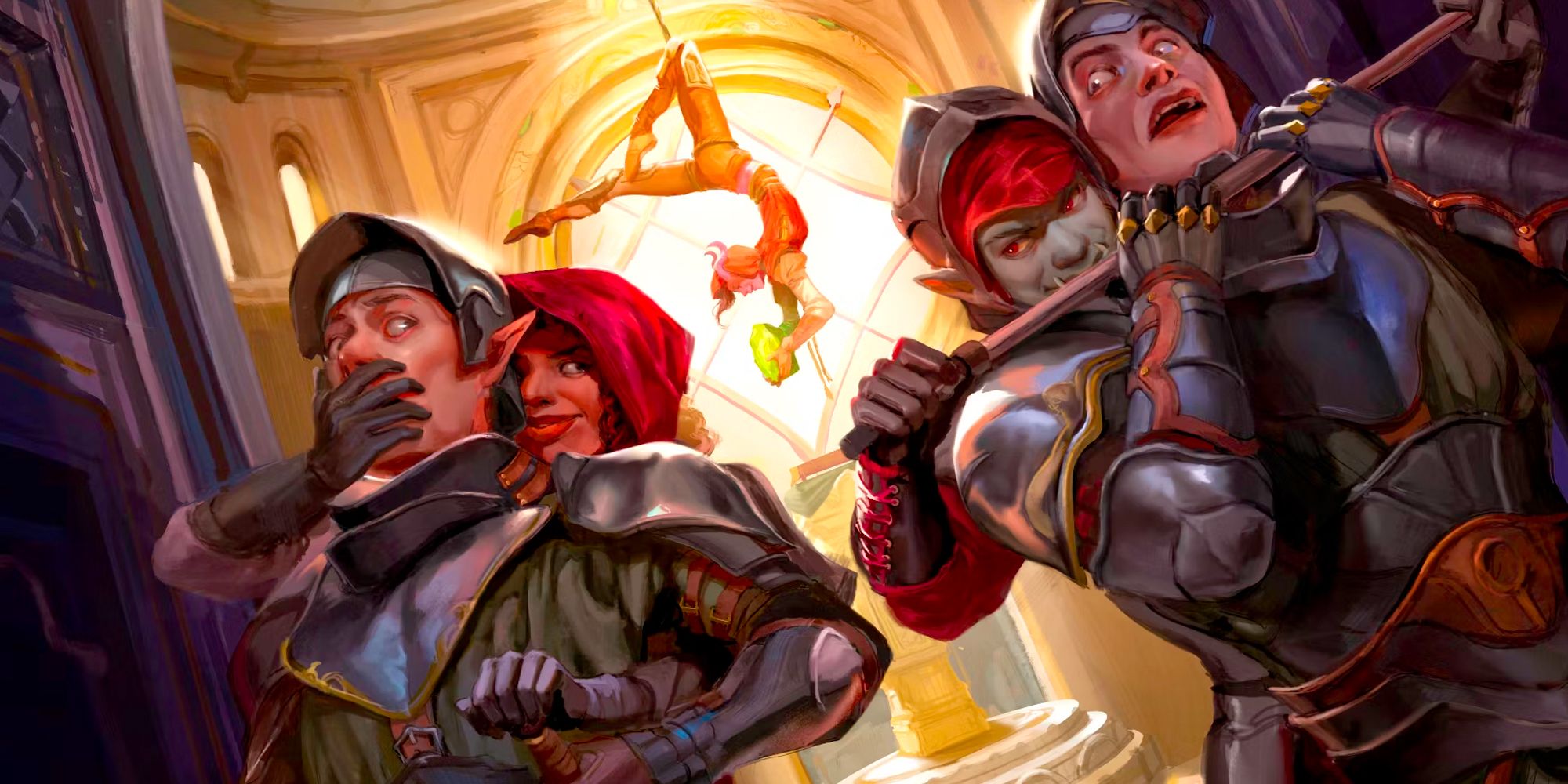
Related
Dungeons & Dragons: 10 Rewards That Aren’t Gold Or Magic Items
If you’re tired of rewarding your players with gold or magic items, check out these alternatives.
The 2024 version isn’t all that different in terms of strength, but it does pull ahead a little thanks to the capstone feature, Supreme Healing, comes out looking better since it can now be applied to that excellent Channel Divinity.
The 2024 cleric can make use of either the 2014 or 2024 life domains, but the 2014 cleric can only use the 2014 life domain.
5
Tempest Domain
Be The Eye Of The Storm
|
Tempest Domain |
|
|---|---|
|
Source |
D&D Player’s Handbook |
|
Main Benefit |
Durable and equally capable of dealing ample damage. |
|
Signature Spell |
Channel Divinity: Destructive Wrath |
|
Ideal Feats |
Spell Sniper, War Caster |
The tempest domain subclass is a very solid pick, offering the versatility you expect from the cleric class overall. Although none of the features are in the conversation for best in the game, they’re all generally very strong with no weak links.
That might sound like it doesn’t excel, but that consistency means it actually excels almost constantly. Crowd control, area damage, bonus proficiencies, it really does have something for everyone. The crowd control, flight, and extra elemental damage will make this cleric one who can deal substantial damage alongside other party members while having the ability to maneuver and escape if necessary, pushing enemies away or flying out of range as needed.
4
Light Domain
Let There Be Light
|
Light Domain |
|
|---|---|
|
Source |
D&D Player’s Handbook |
|
Main Benefit |
Crowd control and AoE spell options are similar to a wizard’s. |
|
Signature Spell |
Warding Flare |
|
Ideal Feats |
Observant, Resilient |
The 2014 light cleric is a cleric that can cast Fireball. Now, you might be asking why not play a wizard if you want to cast Fireball? Well, here’s the thing: a cleric can cast Fireball and not be killed immediately the first time they get hit. Not that you’re likely to get hit anyway since you can blind your enemies when they try to attack you.
Don’t worry about your team, either. Early on, you’ll be able to blind enemies when they attack your allies too. Essentially, it’s a subclass that combines the traditional cleric tanking role and, again, the ability to launch a fireball at your enemies. The 2024 version is very similar, with some minor tweaks to help clarify the function of some abilities. There’s almost no going wrong with the light cleric, and it’s one of the best Domains available.
While you can use the 2014 light domain cleric with either the 2014 or 2024 cleric class, the 2024 light domain cleric can only be used with the 2024 cleric class.
3
Arcana Domain
Cleric Meets Wizard
|
Arcana Domain |
|
|---|---|
|
Source: |
Sword Coast Adventurers Guide |
|
Main Benefit |
Access to some cantrips normally reserved for wizards. |
|
Signature Spell |
Arcane Initiate |
|
Ideal Feats |
Resilient |
Playing an arcana domain cleric lets you feel like you’ve multiclassed into wizard without actually having to do it. Access to some of the wizard spell list options is very nice, and that’s not even mentioning the extra cantrips you’ll get.
Granted, not all the wizard spells you gain access to are the best available, but enough of them are strong enough that it’s still very worthwhile. Arcana clerics turn an already adaptable class into an even more adaptable one.
2
Order Domain
Order Up
|
Order Domain |
|
|---|---|
|
Source |
Tasha’s Cauldron of Everything |
|
Main Benefit |
Crowd control, ally support, and extra damage dealing. |
|
Signature Spell |
Dominate Person |
|
Ideal Feats |
War Caster, Inspiring Leader |
With its proficiency in heavy armor, the Intimidation skill, and the ability to allow allies to attack as a reaction, the order domain is the ultimate support class with utility, survivability, damage, and ally support. It starts off especially strong at the early levels too.
The highlights of this domain include cursing your enemies and allowing you and your allies to deal extra psychic damage that turn on top of the extra psychic damage you get from Divine Strike. You’re a cleric meant to be in the middle of the action, with enough resources to help control the area, boost your friends, and empower your spells and attacks. If you like the combination of melee attacks, spells, and crowd control while taking over as the leader of the pack, then this subclass is for you. There’s really no downside to picking up the order domain.
1
War Domain
Battlefield Dominance
|
War Domain |
|
|---|---|
|
Source |
D&D Player’s Handbook |
|
Main Benefit |
Focuses on martial prowess and grants the use of some paladin spells |
|
Signature Spell |
Channel Divinity: War God’s Blessing |
|
Ideal Feats |
Alert, Inspiring Leader |
The 2014 war cleric isn’t the best subclass on offer, with the War Priest feature being almost confusingly bad and dragging the entire subclass down. The Channel Divinity feature is okay, but drops off considerably at higher levels. The 2024 war cleric, on the other hand, is truly excellent, blowing its predecessor out of the water. Just about every feature is absolutely fantastic, with the revamped War Priest feature being very strong compared to the old one.
It can’t be stressed enough that there’s no need or reason to use the 2014 war domain when the 2024 one does everything it does better. Buffs to hit rolls, a great spell list and even permanent resistance to common damage types? It’s hard to justify picking anything else.
The 2014 War Domain can be used with either the 2014 or 2024 clerics, but the 2024 War Domain is only compatible with the 2024 cleric.

Next
Dungeons & Dragons: Best Subclass Of Every Class
While there are a ton of subclasses available in D&D, we list the best for each class option.
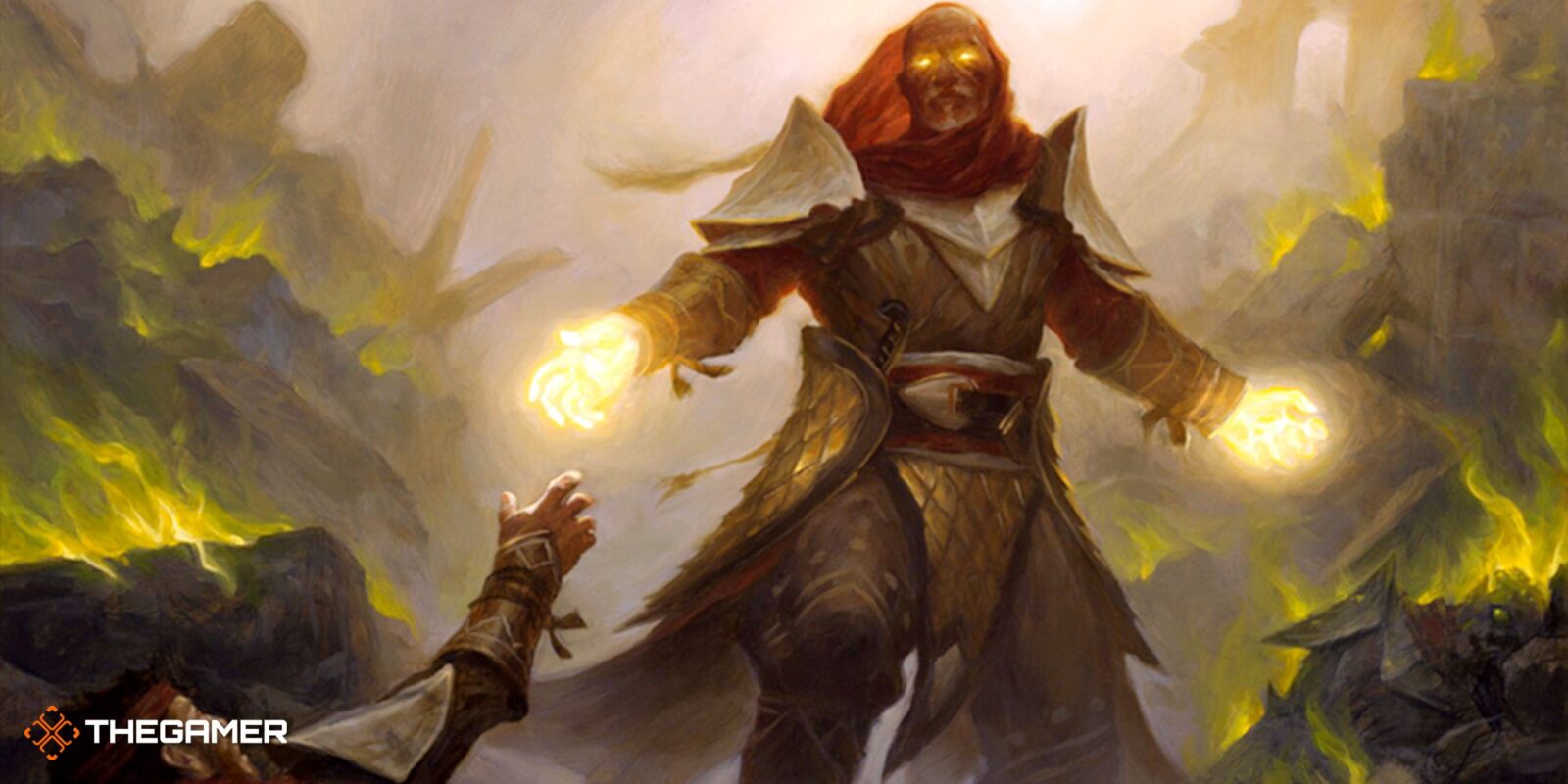
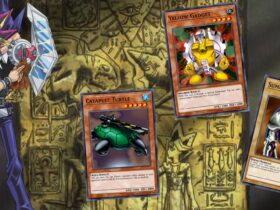
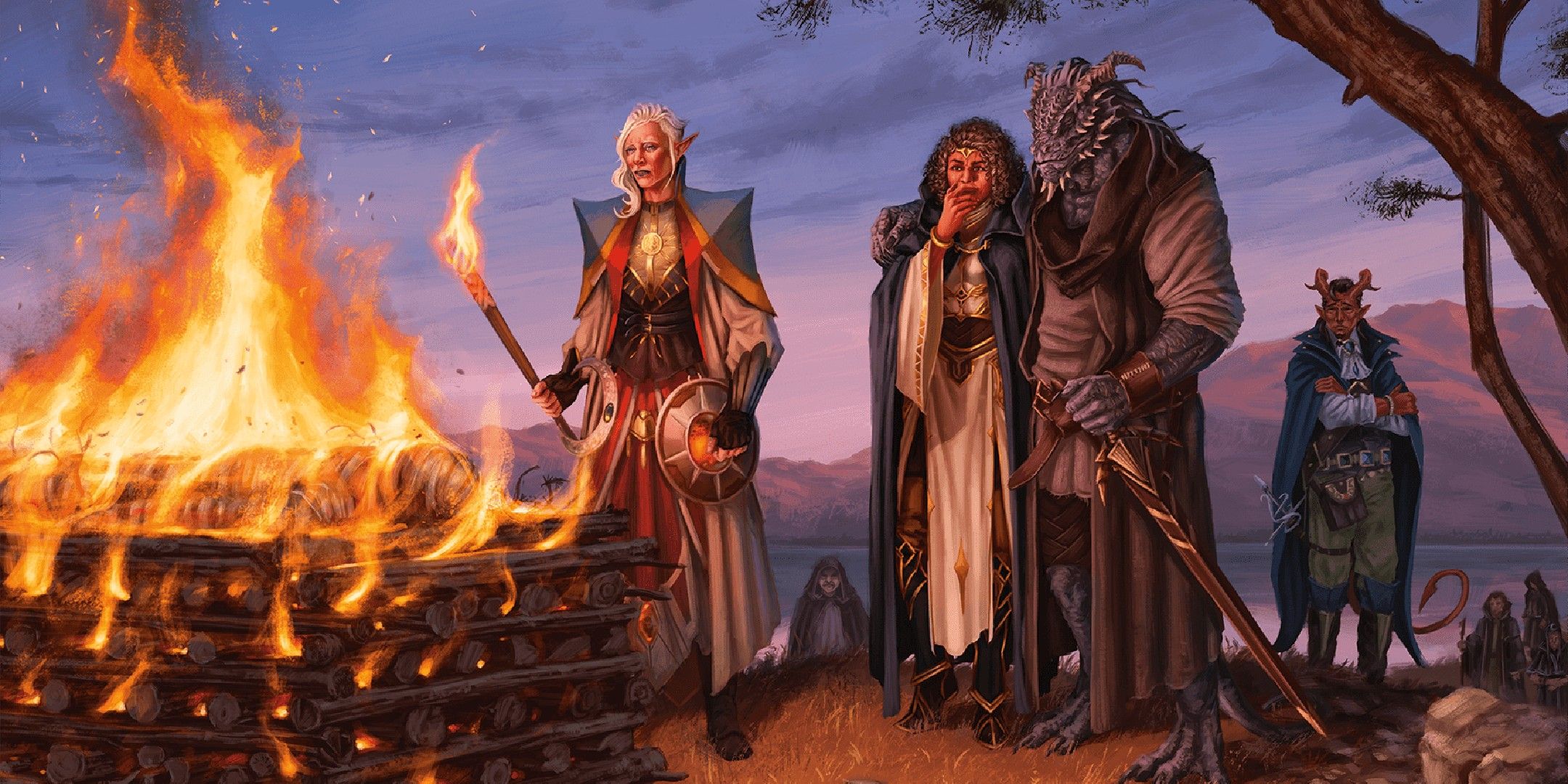
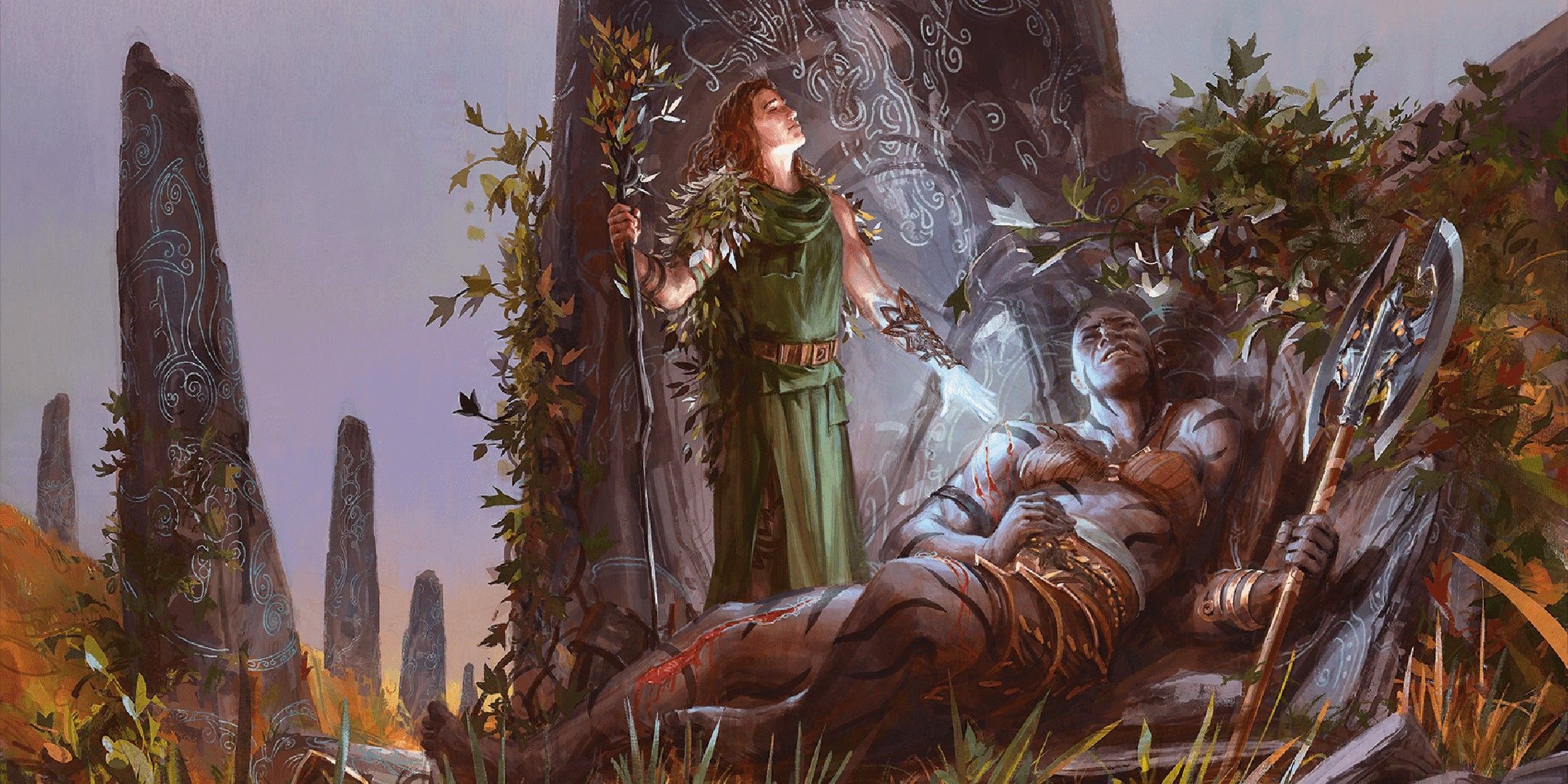
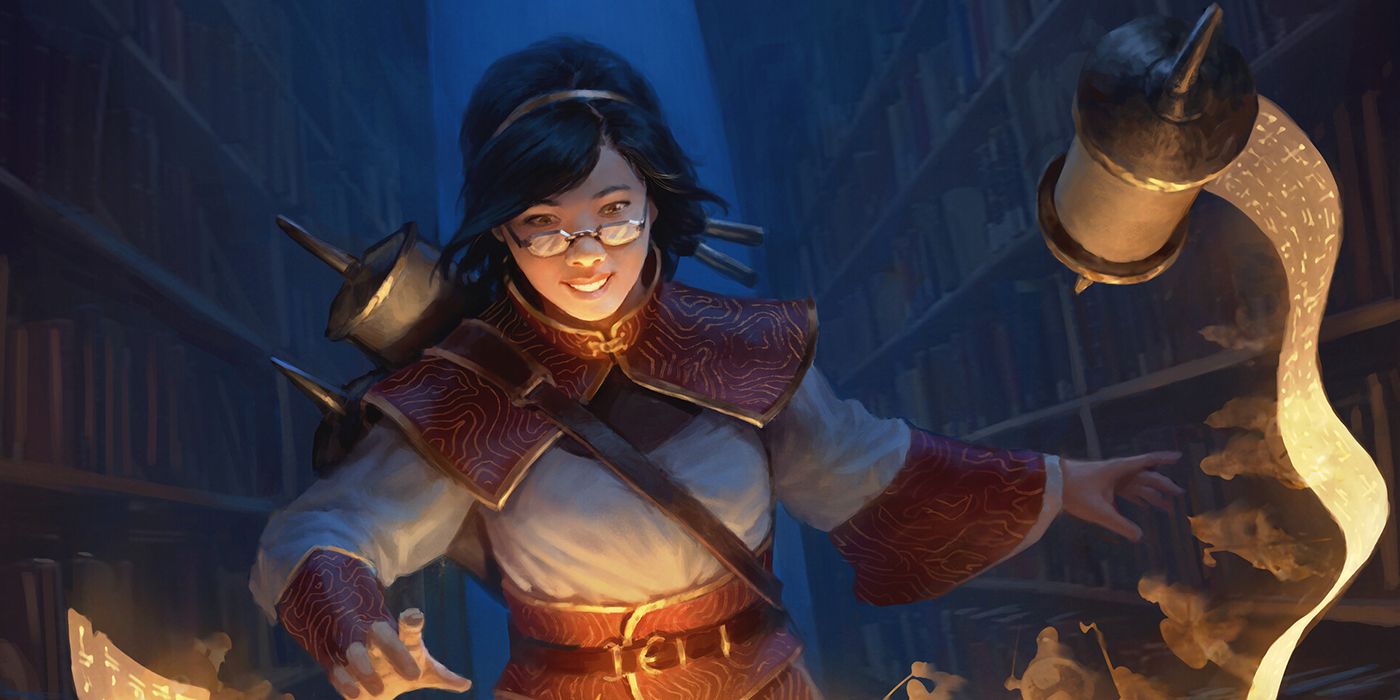
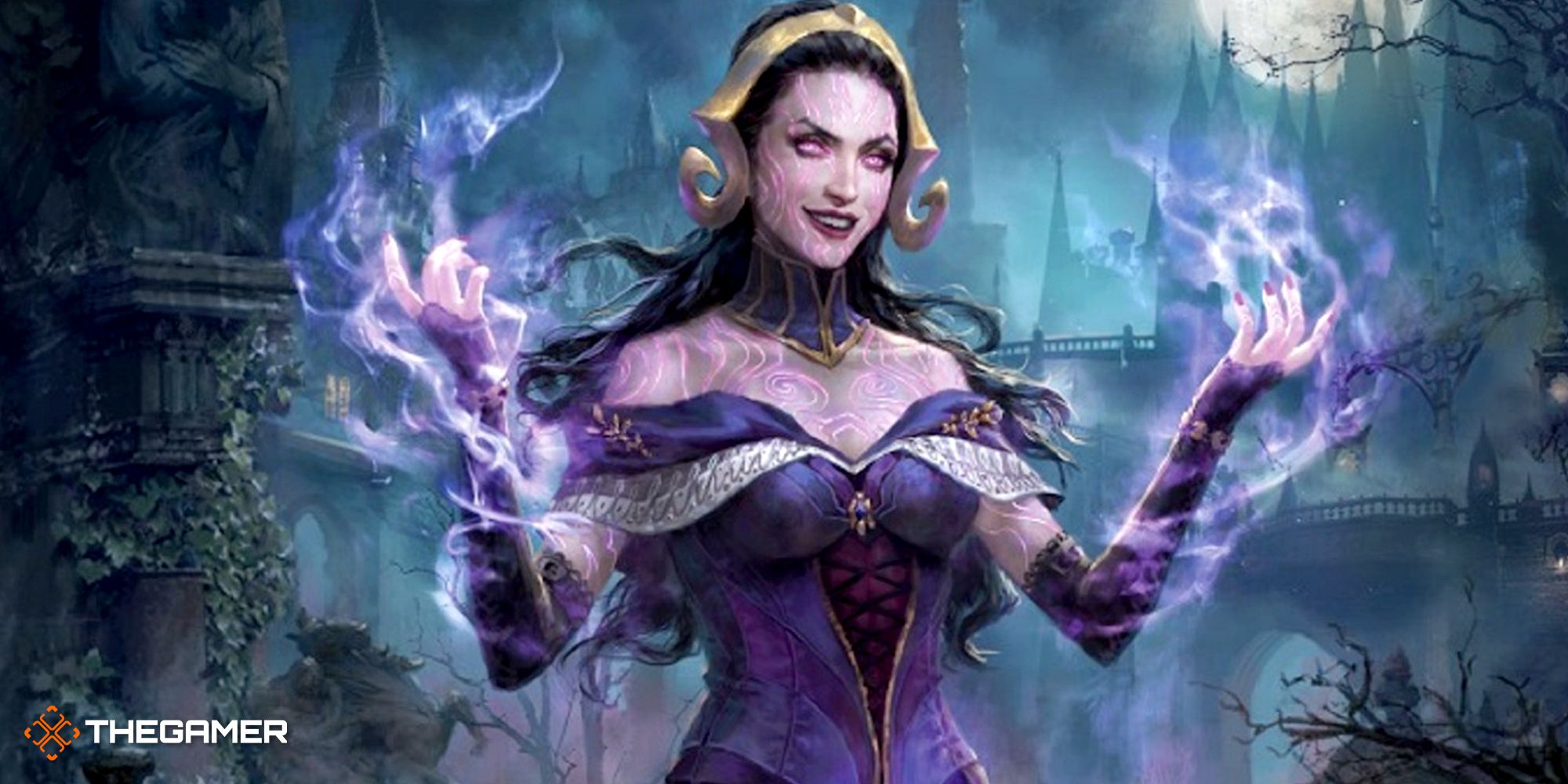
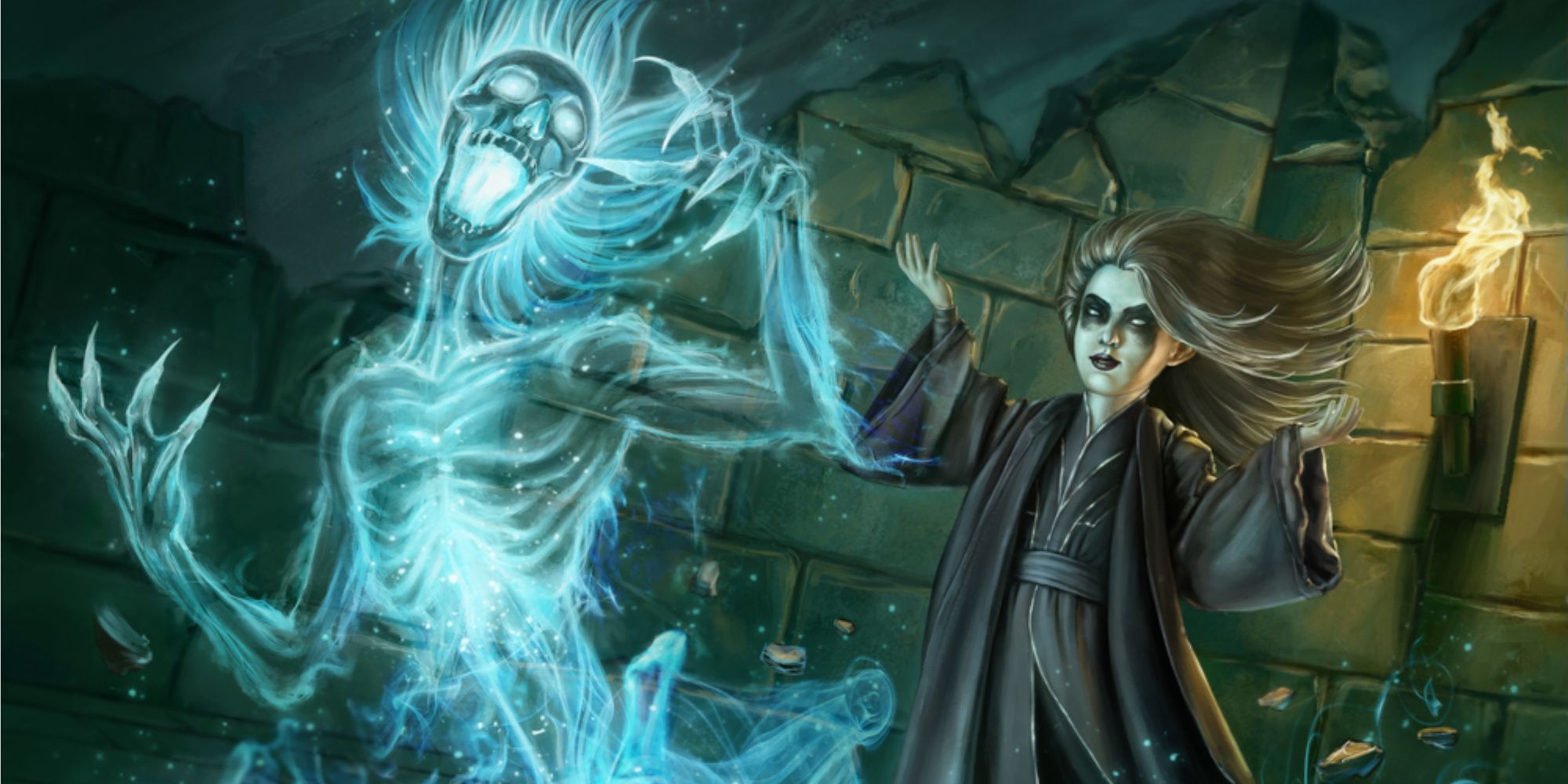
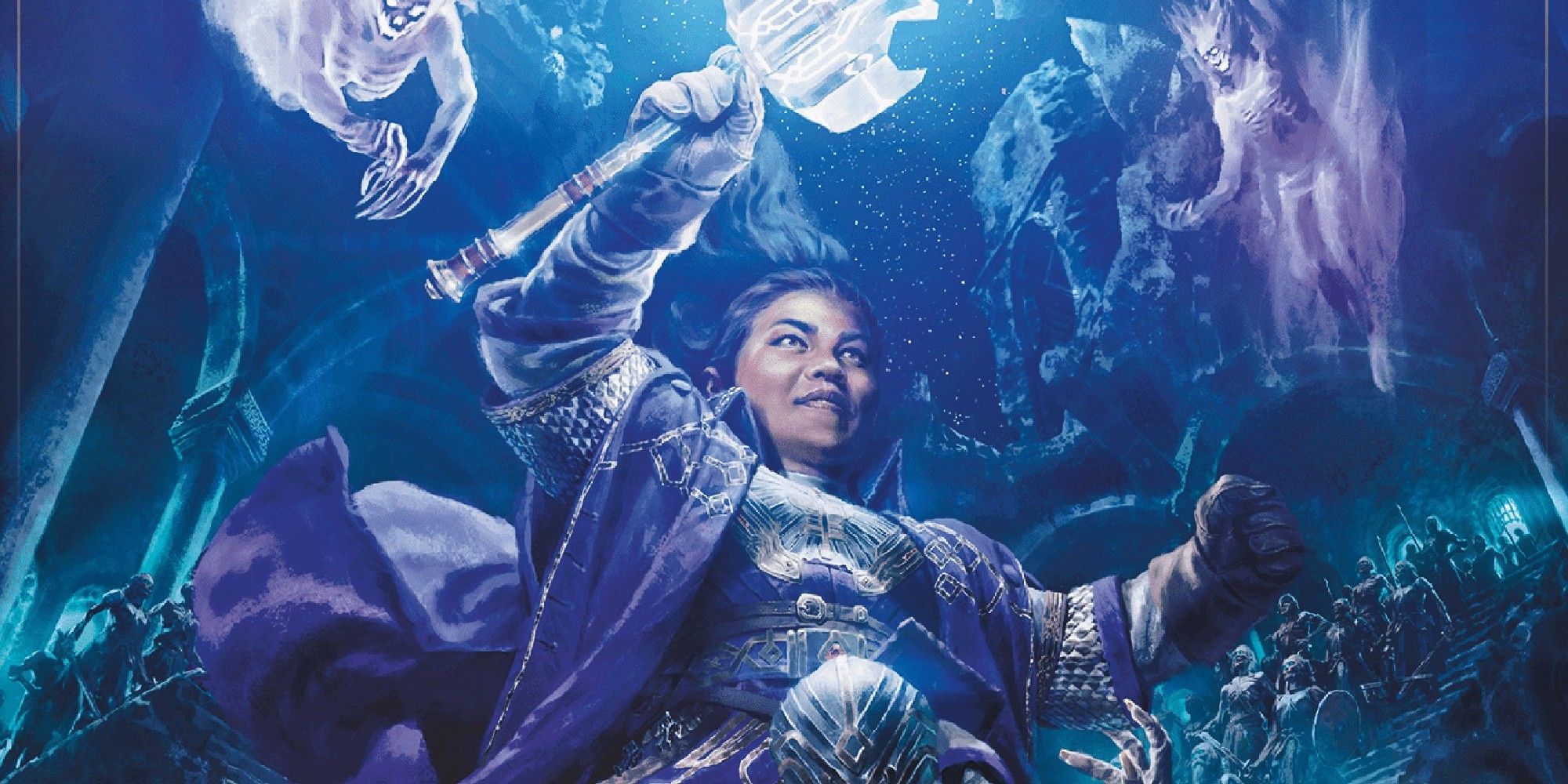
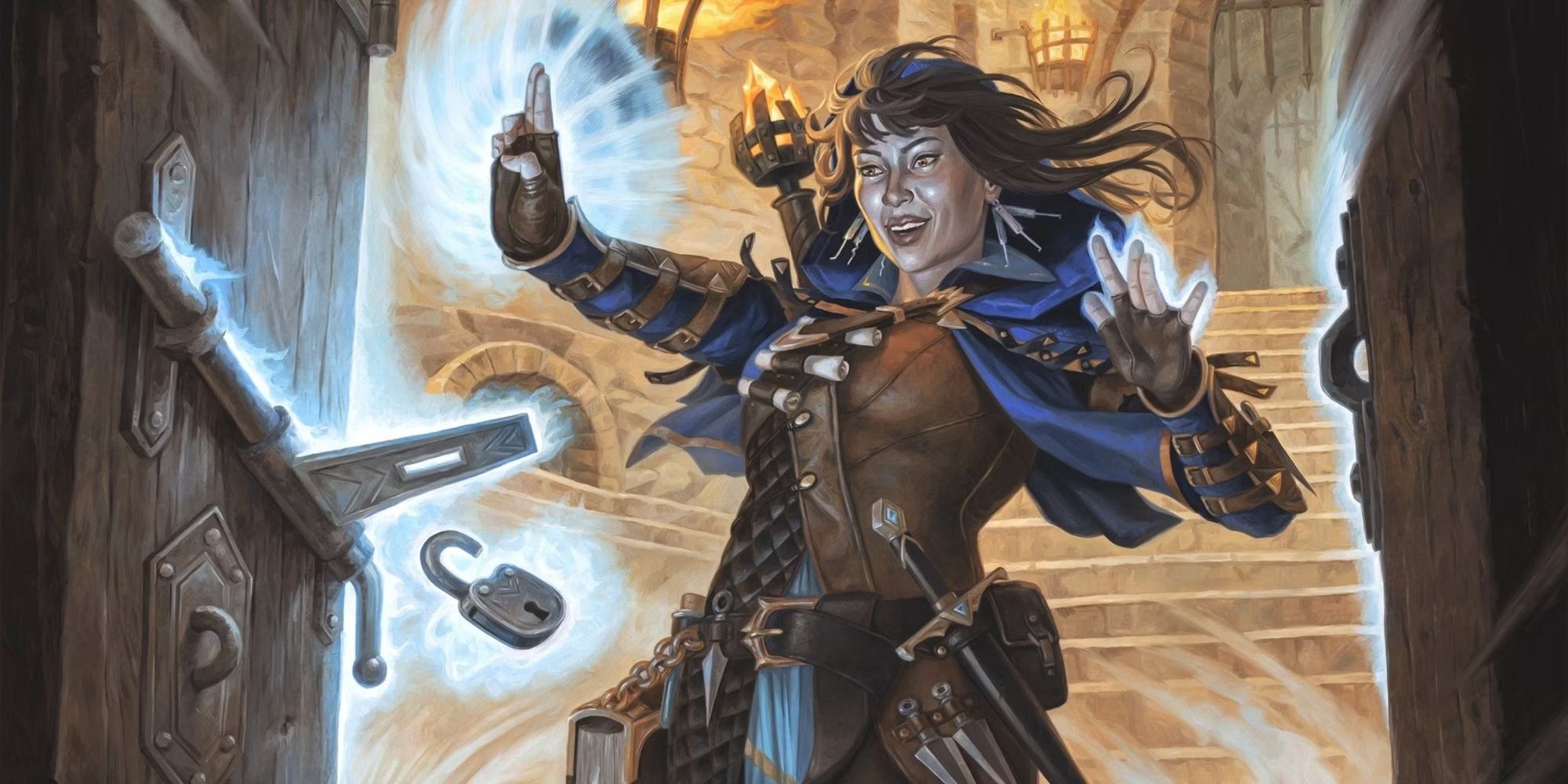
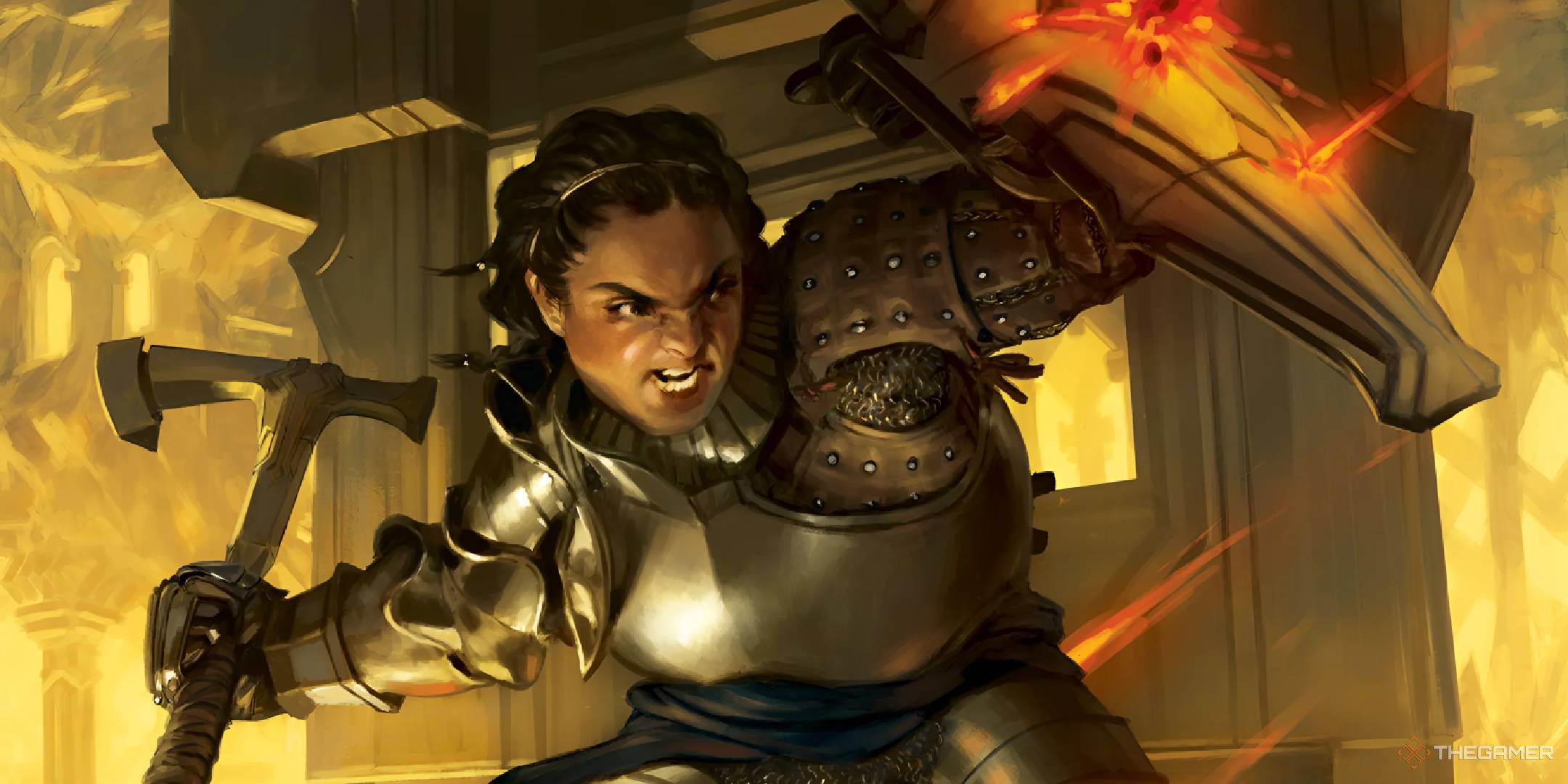
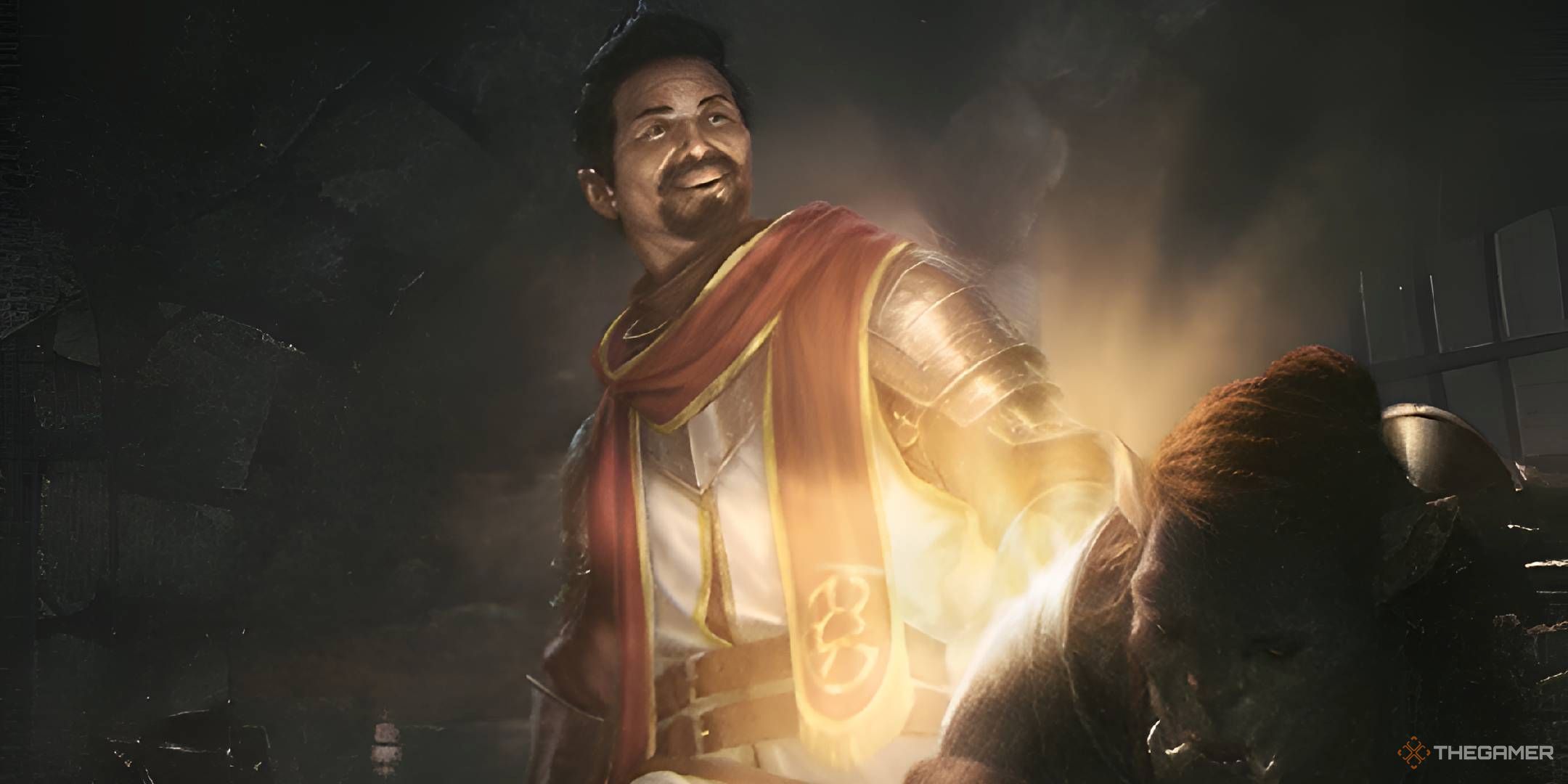
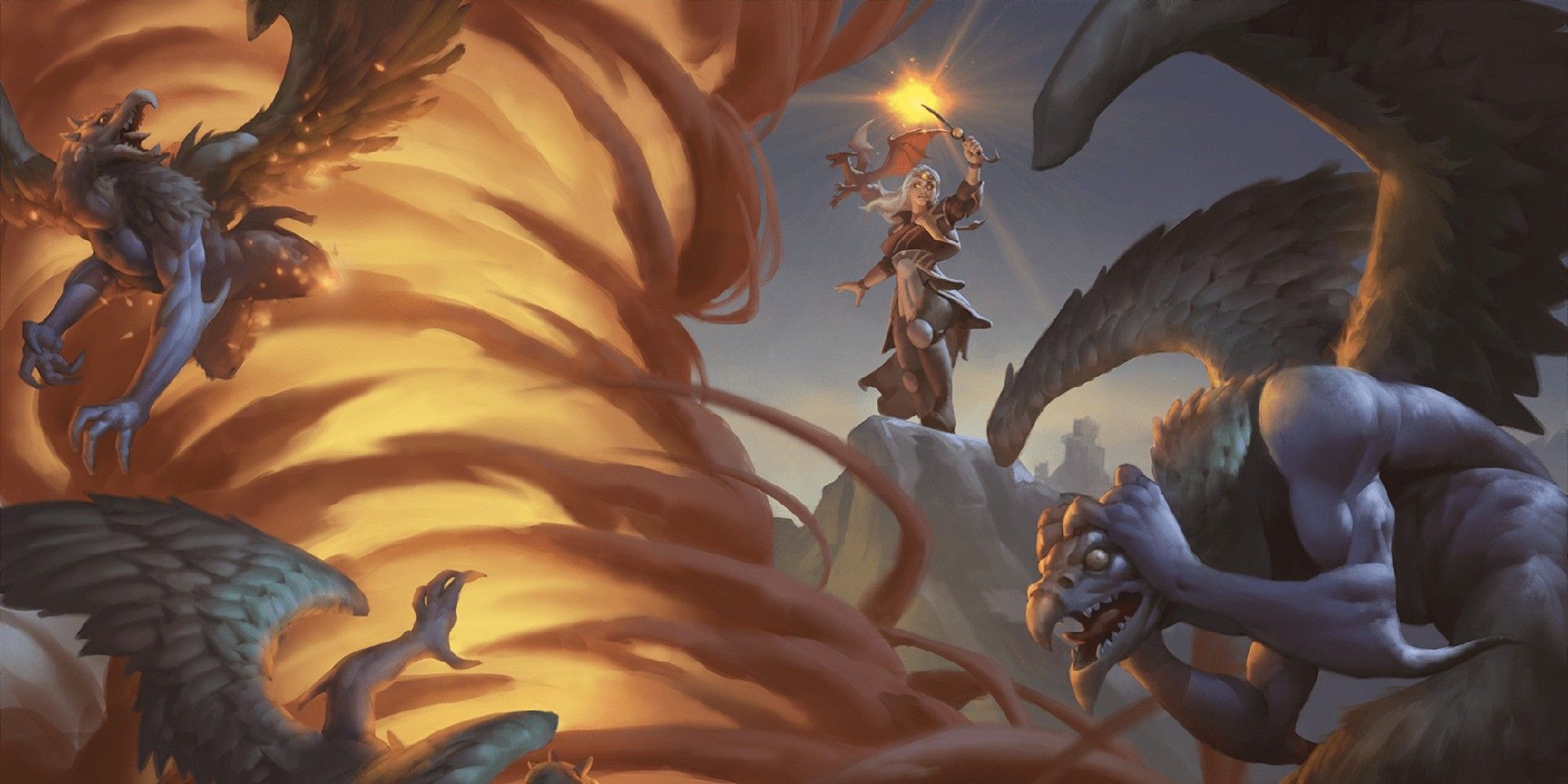
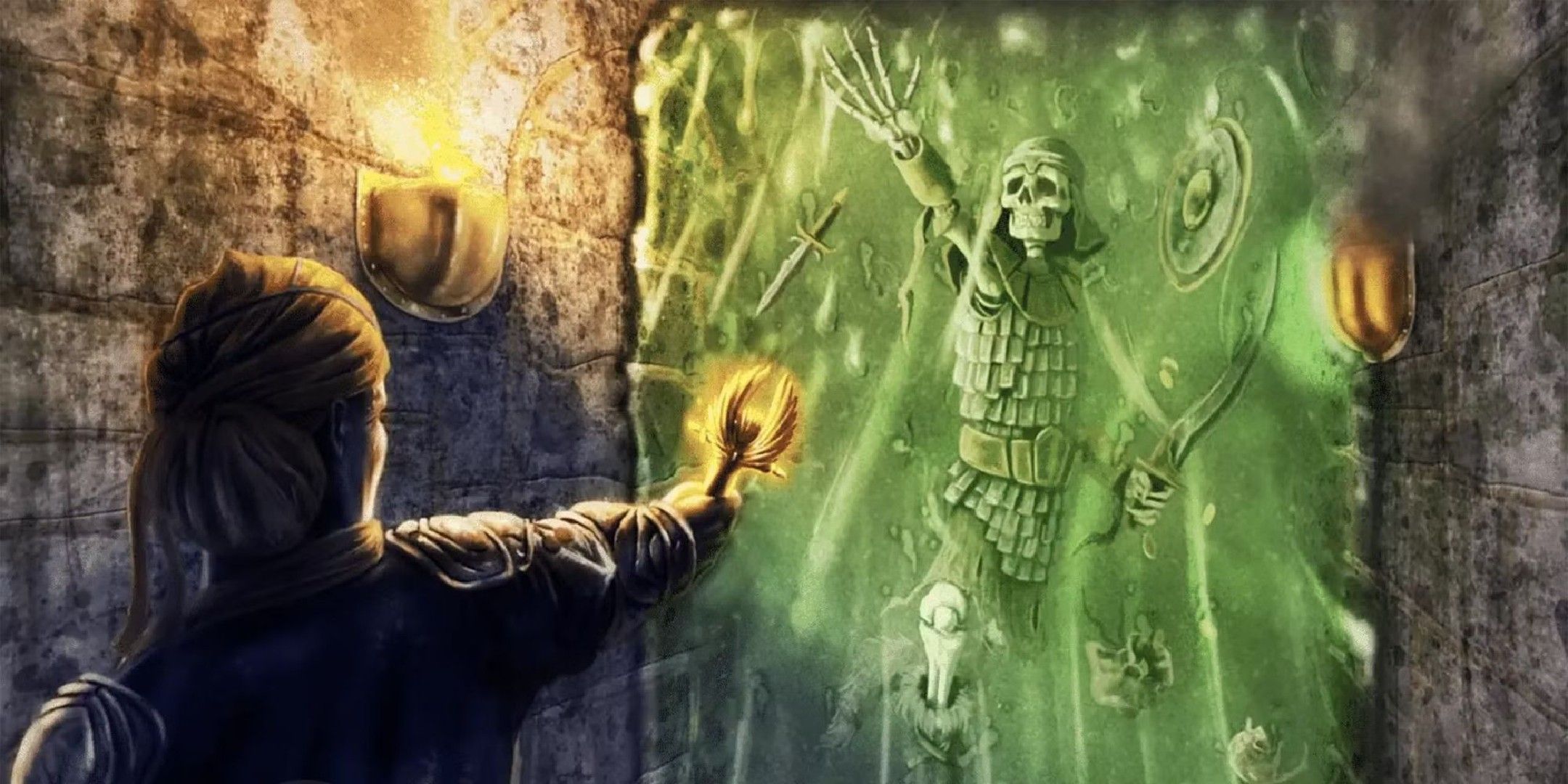
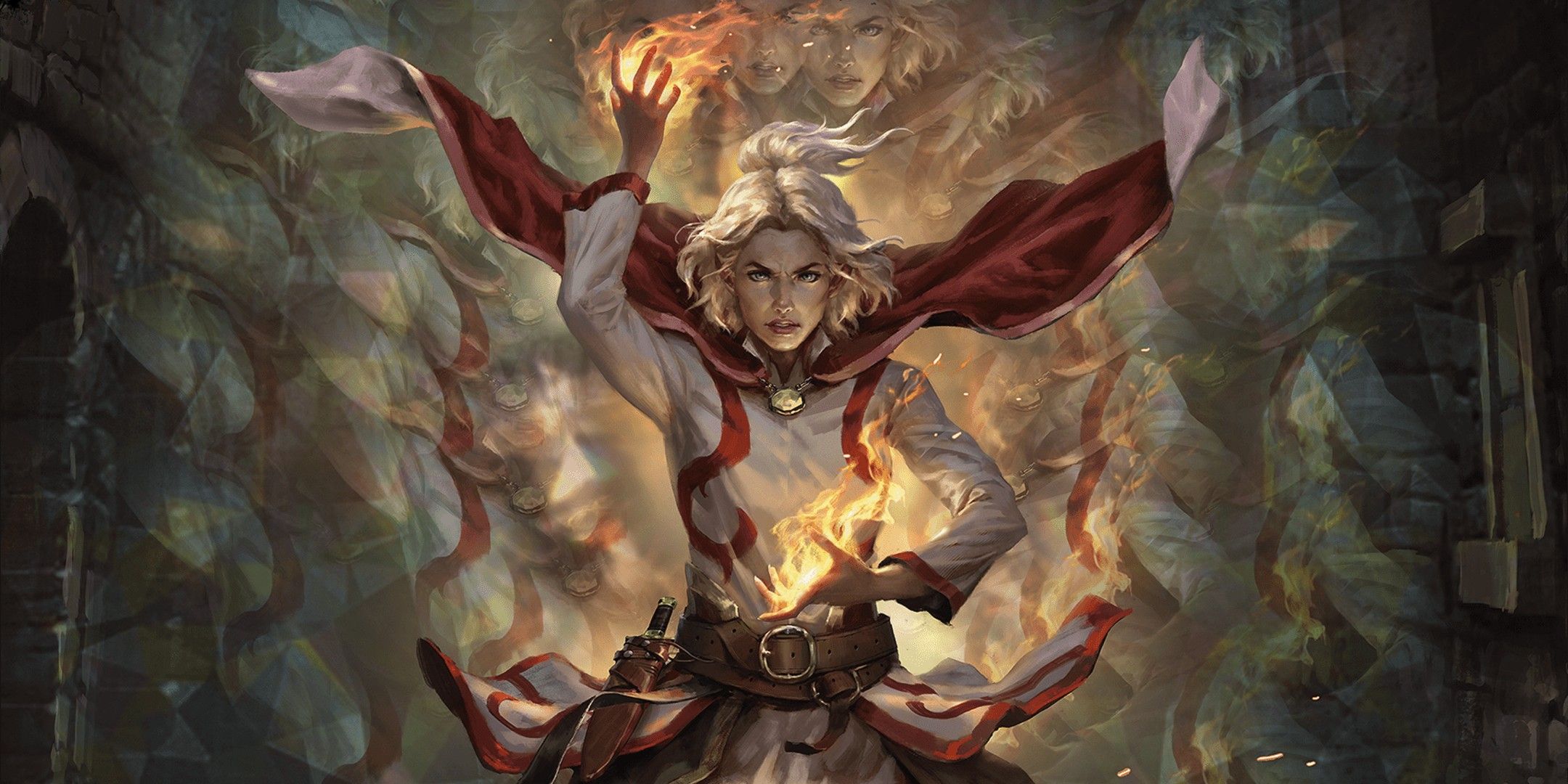
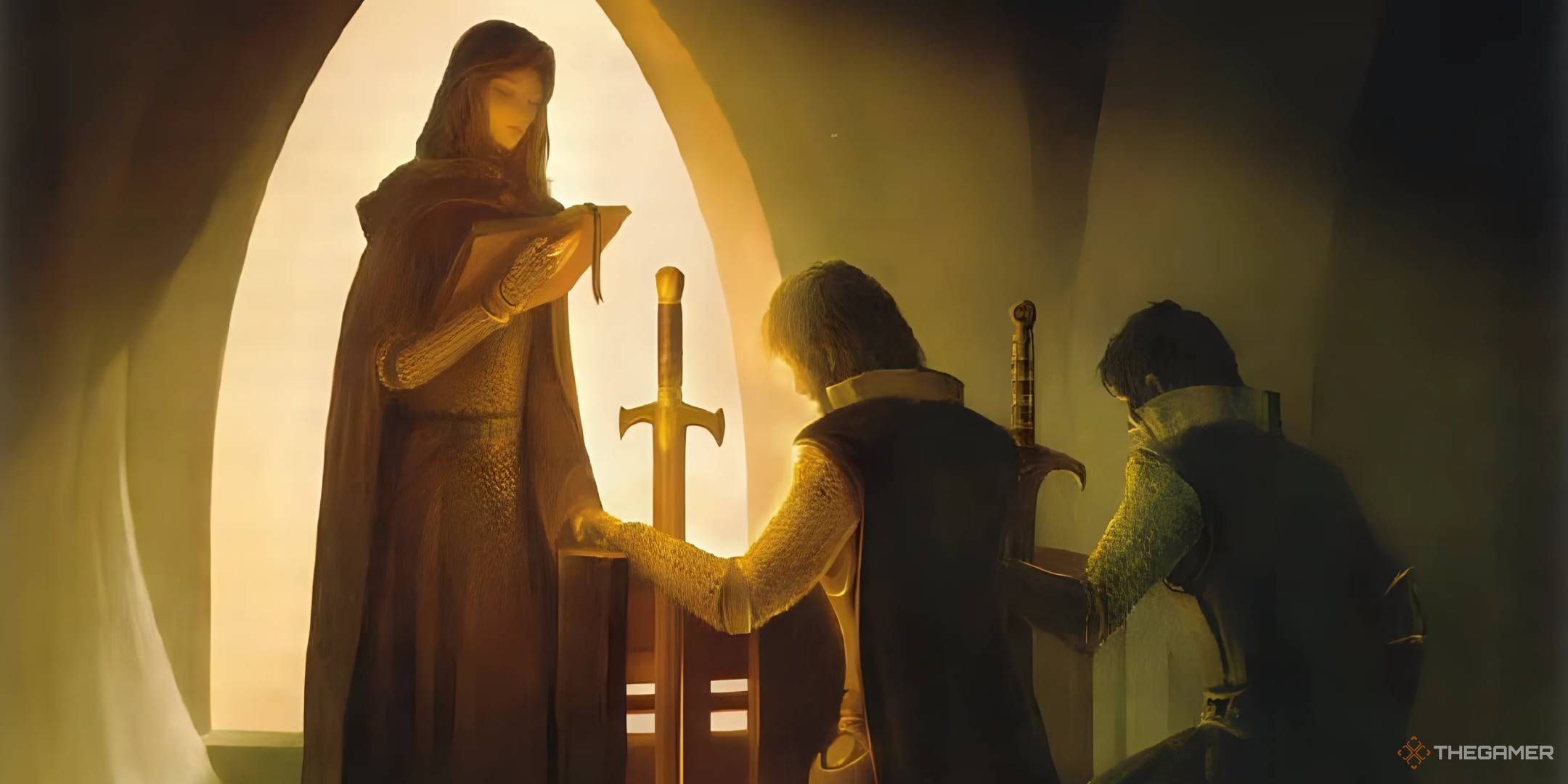





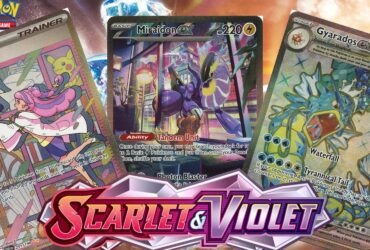
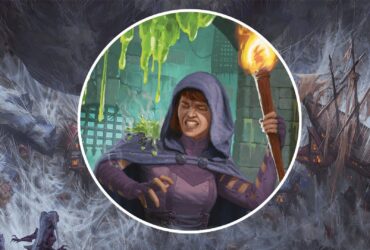
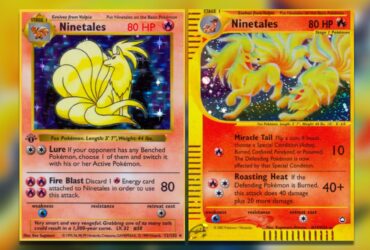


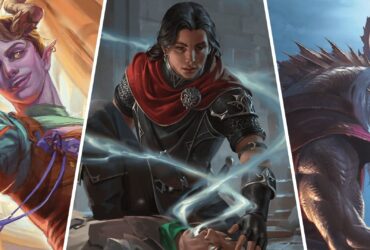
Leave a Reply